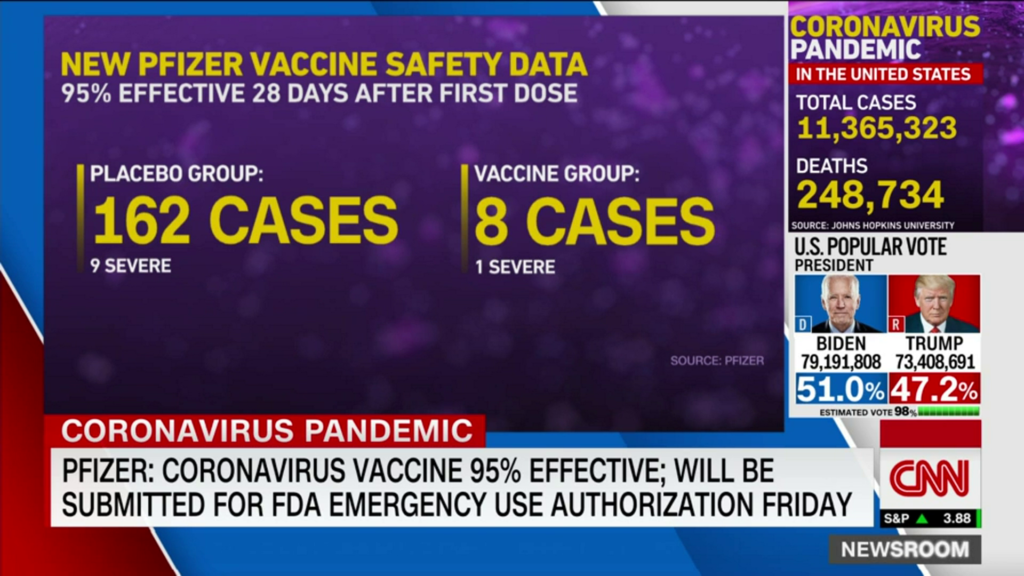
Immunity to the coronavirus that causes Covid-19 can last for at least six months, and possibly much longer, perhaps even years, when all components of the body’s immune memory are taken into consideration, early research suggests.
The pre-print paper, published on Monday to the online server biorxiv.org, appears to contradict previous research that has found immunity to the novel coronavirus wanes over time based on measurements of antibodies, or protein components of the immune system.
Yet the new study — which has not been peer-reviewed or published in a scientific journal — involves analyzing multiple compartments of immune memory over time: antibodies, B cells and T cells, among other features of immune memory.
About the study: The study included 185 adults, ages 19 to 81, in the United States who had recovered from Covid-19. Most of the adults had mild disease.
The researchers – from the La Jolla Institute for Immunology, University of California, San Diego, and Icahn School of Medicine at Mount Sinai – analyzed blood samples from the adults, collected at various points following the onset of symptoms, with some collected more than six months later.
In the blood samples, the researchers examined components of immune memory. They found that antibodies “were durable” with only “modest declines” emerging at six to eight months, but noted that there was about a 200-fold range in the level of antibody responses among the adults.
The researchers also found that memory B cells were detected in almost all Covid-19 cases, and there appeared to be an increase in memory B cells over time. “B cell memory to some other infections has been observed to be long-lived, including 60+ years after smallpox vaccination, or 90+ years after infection with influenza,” the researchers wrote in their study.
The researchers identified two types of T cells and their data suggest that “T cell memory might reach a more stable plateau, or slower decay phase, later than the first 6 months post-infection,” they wrote.
Remember: The study comes with limitations, including that more research is needed to determine whether similar findings would emerge among a larger group of people across more time points.
You may also like
-
UK coronavirus variant has been reported in 86 countries, WHO says
-
NASA technology can help save whale sharks says Australian marine biologist and ECOCEAN founder, Brad Norman
-
California Twentynine Palms: Explosives are missing from the nation’s largest Marine Corps base and an investigation is underway
-
Trump unhappy with his impeachment attorney’s performance, sources say
-
Lunar New Year 2021: Ushering in the Year of the Ox

